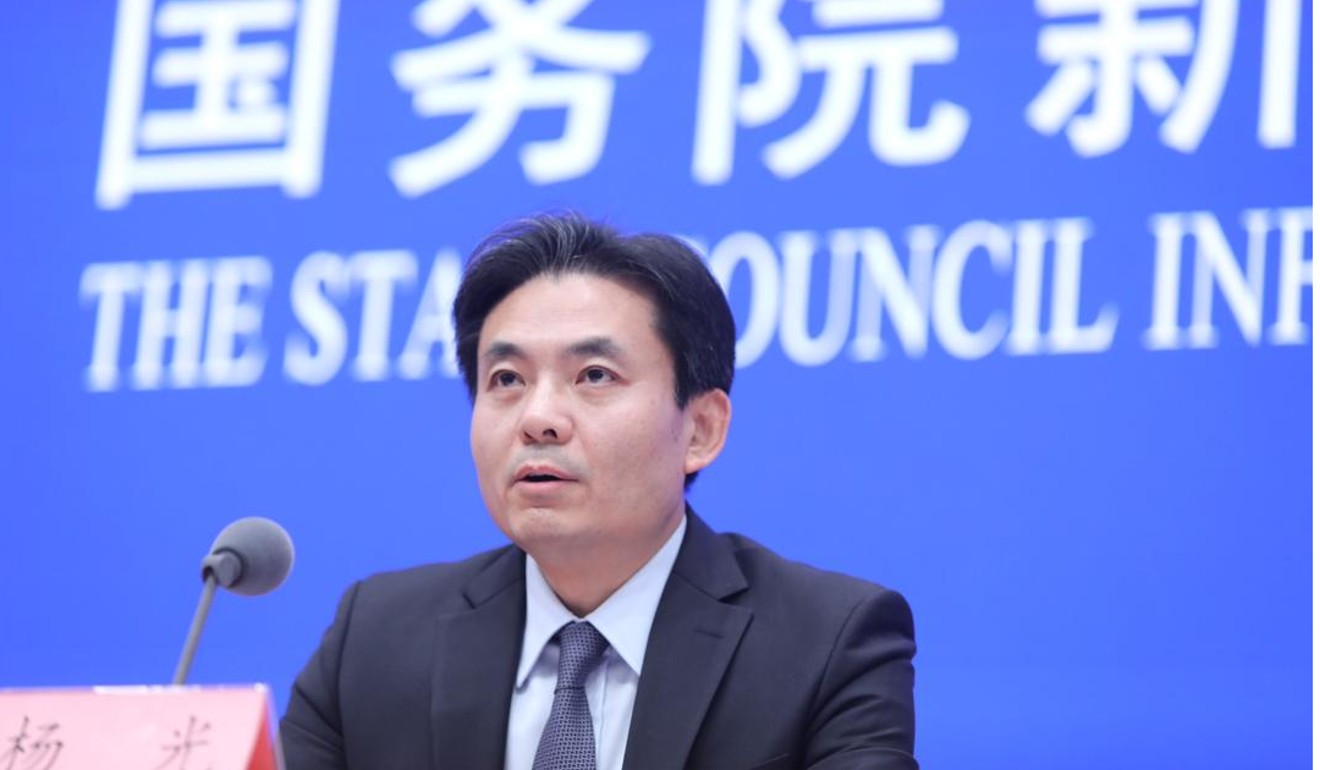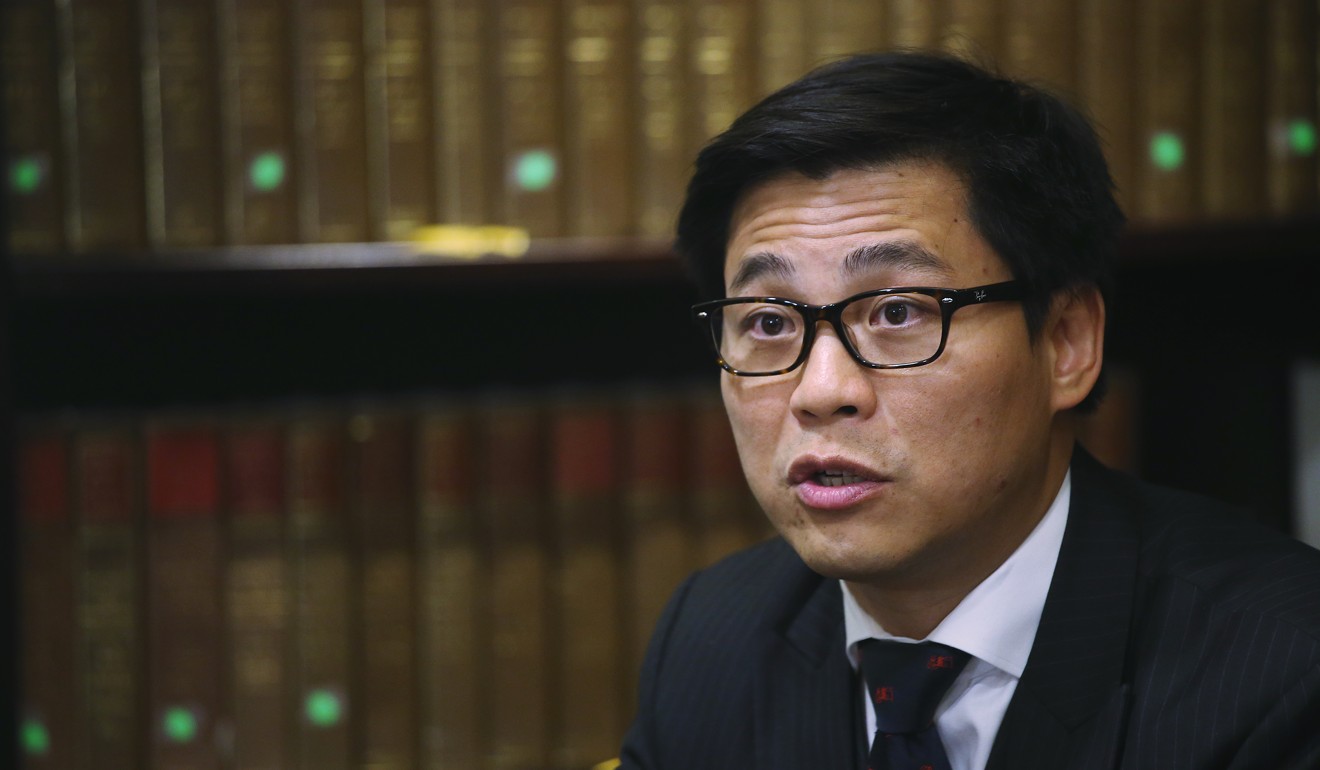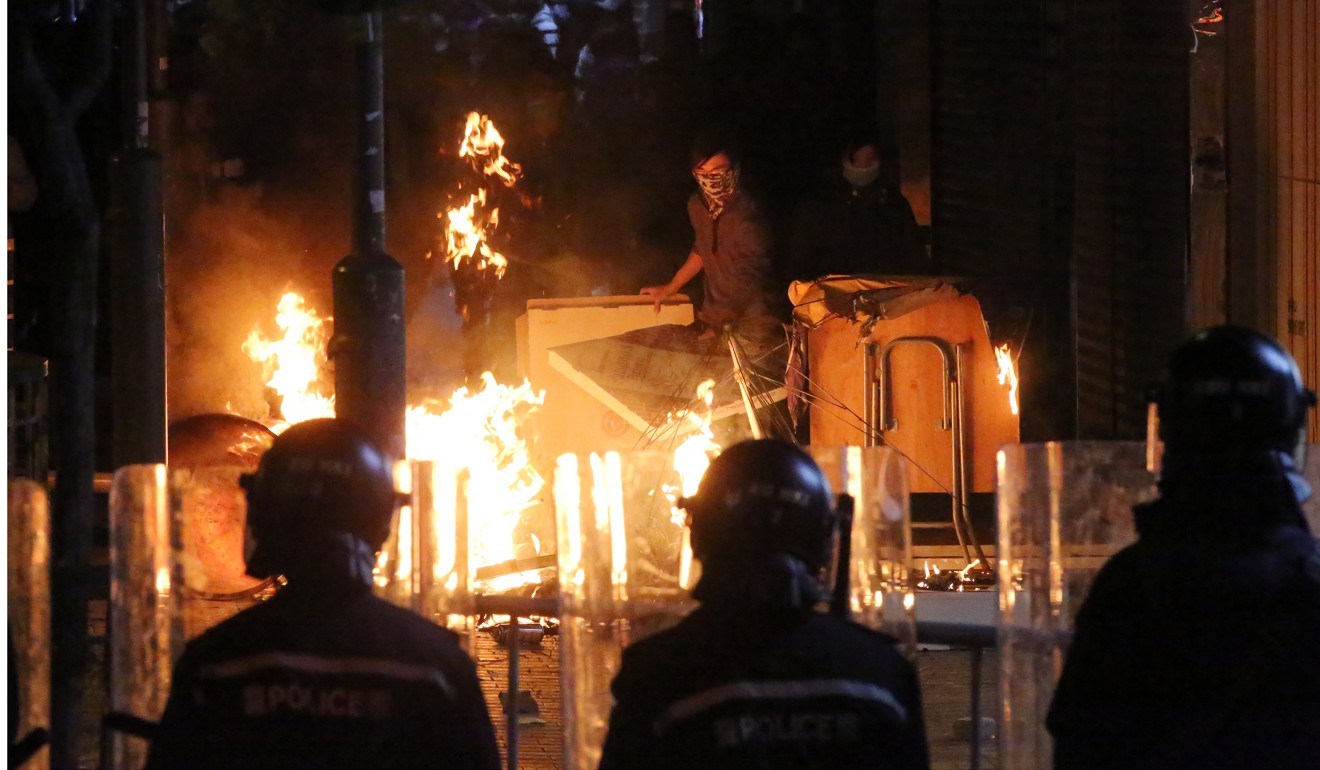
Explainer | Hong Kong protests: what a demonstrator can expect on being arrested
- At least 161 of the 1,140 arrested during the ongoing social unrest have been charged and 149 released on bail. Some 122 are subject to a curfew
- Charges include rioting, unlawful assembly and possession of offensive weapons, among others
The ongoing political crisis in Hong Kong has led to the arrest of 1,140 protesters so far – including some as young as 12 years old – one of the highest counts for a single movement in the city.

What factors are considered for bail or a curfew?
There are two types of bail – police and court – following an arrest. Judges can grant court bail and impose any conditions they see fit, including imposing a curfew after arrest or during trial. But generally the prosecution negotiates with the defence on bail terms both sides can agree on.
The accused is innocent until proven guilty through trial.
Barrister Randy Shek Shu-ming says courts will usually consider the risks of the accused absconding, committing the offence again, or interfering with prosecution witnesses.
As for a curfew, Shek says the courts will usually impose one on juveniles and young adults, or to restrain the accused from breaking the law at a certain hour, or if danger is involved.

Who has been denied bail?
Of those charged, most have been granted bail. The exceptions include Pun Ho-chiu, the first suspect brought to court over the protests. Pun, 31, is accused of assaulting seven officers, criminal damage and taking part in an unauthorised assembly when protesters besieged police headquarters on June 21. He applied for bail but the prosecution and court objected.
Lai Yun-long, 19, accused of assaulting a mainland Chinese journalist, was denied bail by Eastern Magistrates’ Court.

How does the situation compare with the Mong Kok riot in 2016?
Shek says that while rioting is a serious charge that can attract 10 years behind bars, those facing other serious allegations such as rape or possession of drugs are also given bail.
Can those arrested still join protests?
It is unclear if any protesters arrested have returned to the front line. But lawyers have warned that if those arrested are caught a second time, the courts can deny bail and send them into custody.
Additional reporting by Jeffie Lam and Jasmine Siu

